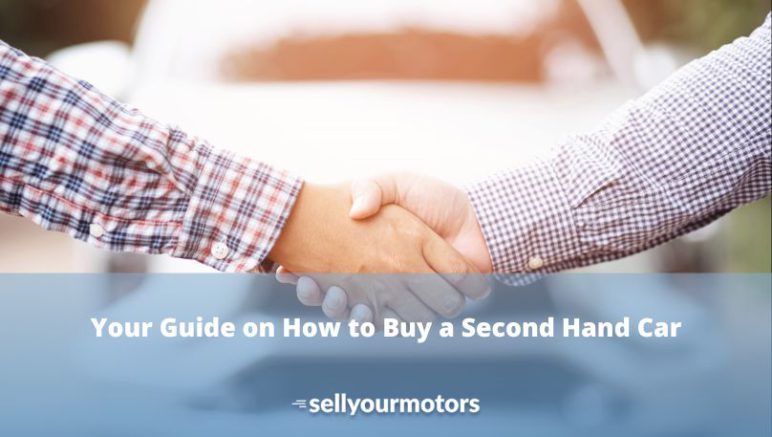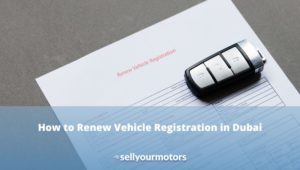Purchasing a used car is often cheaper than buying new. A second hand car can also be more reliable than one that’s brand new. Their value also tends to depreciate faster than new cars. But, as with anything, there are downsides to purchasing a used car. Before you buy pre-owned, it’s important you understand the pros and cons so that you don’t end up making the wrong decision. Here we look at some of the things you should consider before you buy a second hand car.
Research your preferred make and model
Before you start looking at any cars, you should have a good idea of the type of vehicle you’re going to buy. Many used car buyers make the mistake of only looking at cars they like the look of. But this can end up costing you far more money than necessary. Instead, you need to make sure that you’re buying the right car for your needs. So, before you start, make a list of your must-have features. Then you can use this list to eliminate unsuitable cars from your search. There are lots of resources out there to help you with your research. You can find reviews of almost any car model on car enthusiast forums. Alternatively, you can use websites such as Edmunds, Consumer Reports, and Top Gear. These sites let you search by specific features, letting you find the perfect car for your needs.
Test the second hand car before you buy it
The best way to find out if a used car is reliable is to test drive it. You should take it out on the road for around 20 minutes. This should give you a good idea of how the car performs in a variety of road conditions. You should also take the opportunity to check the car’s maintenance records. Make sure you ask the seller for the car’s log book and service history. If the car is being sold without a log book, it’s a sign that something is wrong with it. If you’re buying from a dealer, they may let you take the car for a longer test drive. However, most private sellers are unlikely to let you take their car away for an extended period of time. This is especially true if the car is being sold for a low price.
Negotiate your price
When you negotiate a used car’s price, you’re not just buying the car, you’re also buying its history. This is something that you can use to your advantage when negotiating. If you find a car that you like, but the seller is asking too much, offer a lower price. This is a common practice, and most sellers will accept a lower offer. To make sure your offer is fair, you need to know how much a car of that model and year is worth. There are plenty of used car valuation websites online that you can use to get a ballpark figure. Alternatively, you can use the car’s Kelley Blue Book value. It’s important to remember that a car’s KBB value is its value new. If a used car is being sold at the same price as a new car, there’s a reason for it.
Check the vehicle’s history
Even if a car has a clean history report, it might be a lemon. So, before you buy any second hand car, you should check its history report. This tells you if the car has ever been in an accident, reported stolen, or has any other negative information associated with it. These reports are available for free from government-run websites in many countries. Moreover, you can also use online websites to purchase this information. Although this can cost a few dollars, it’s well worth it for peace of mind. The most thorough vehicle history report will show you any accidents, repairs, or thefts that the car has been involved in. Many websites will also let you view the car’s maintenance history. This can be useful if the seller has provided false information.
Buy a second hand car from a dealer
If you’re buying from a dealer, you may have some protection if something goes wrong with the car. Many dealers will offer you a limited warranty that covers some of your repair costs. If a car has been sitting on a lot for some time, there’s a good chance it has some issues. Dealers often have cars that have been repossessed and come with a limited warranty. These cars can be a good option for people on a tight budget. But, make sure you check the vehicle history report before you buy. Keep in mind that inventory changes quickly at dealerships. So, if you see something you like, you need to move quickly. Dealers often have salespeople that get a bonus based on how many cars they sell. So, they’re likely to make you a better offer than a private seller. Moreover, dealerships often have better financing options than private sellers.
Buy a second hand car from a private seller
While a private seller might not offer the same protection as a dealer, they’re more likely to give you a better deal. But, if you’re buying from a private seller, you need to be careful. A seller who has no motivation to sell the car may be less willing to negotiate on price. This is particularly true if the car has been sitting on their driveway for a long time. Cars that sit for long periods of time often have problems. Before you make an offer on a car from a private seller, take it for a test drive. Make sure that you check the vehicle history report. If the report shows that the car has been in an accident, you should walk away. Many private sellers will let you do a mechanic’s inspection. Make sure you do this before making an offer.
Conclusion
When you’re purchasing a used car, there are a lot of things that you need to consider. This is because you don’t know the history of the vehicle. So, it’s important that you do your research before you buy. This will allow you to find a car that suits your needs, while staying within your budget. After you’ve made your purchase, make sure that you have the car inspected by a mechanic. If you follow these tips, you should be able to find the perfect used car for you.
Sell Your Motors
Car buying specialists are your best bet when you want to sell your car fast for a fair price. At Sell Your Motors we pride ourselves for being transparent and completing the whole car buying process in only 30 minutes!







